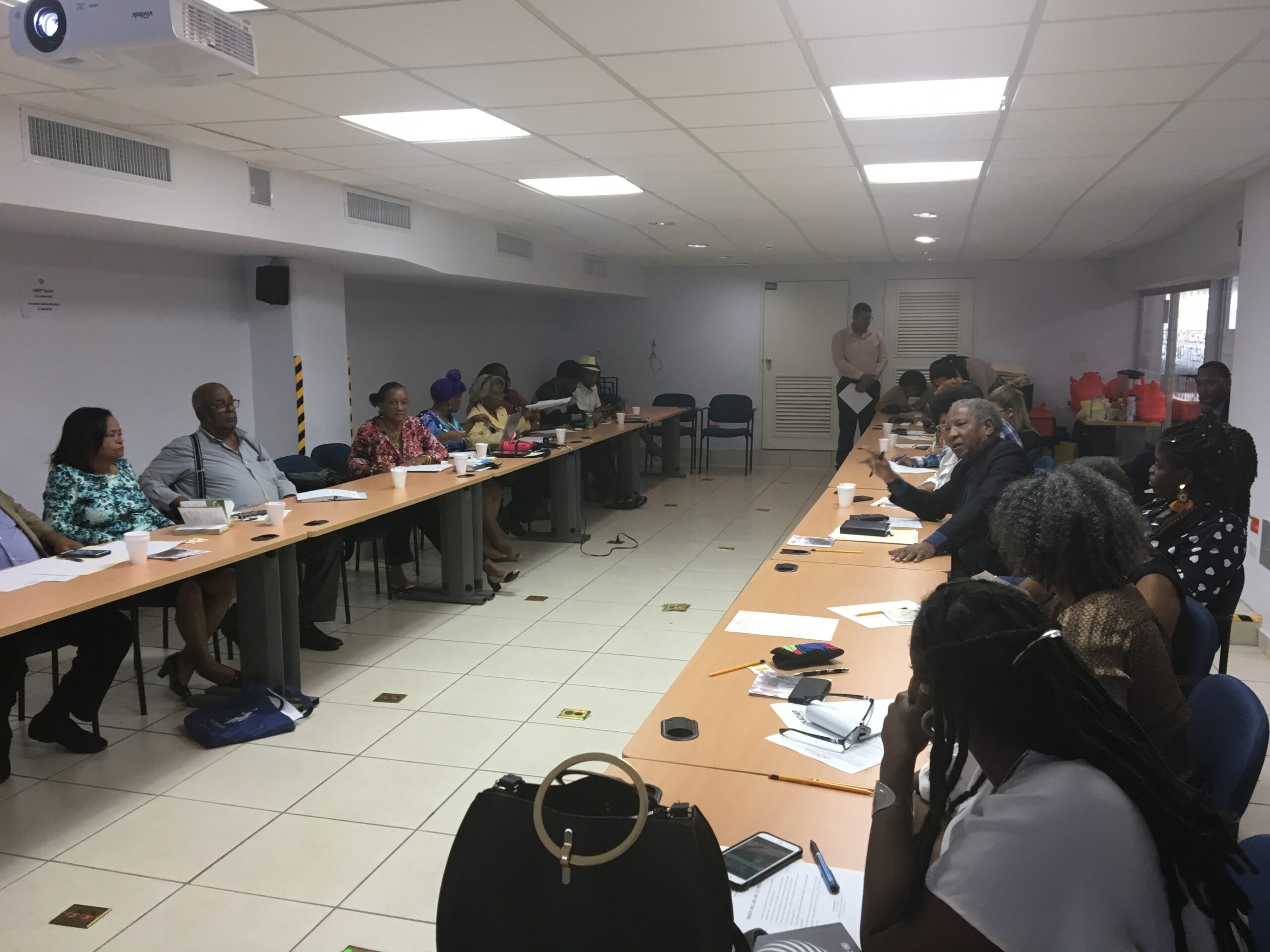International Bisexuality Day: A Day to Remember the Sexual Diversity that Comprises and Complements Our Society
Washington, September 22, 2018 – Each year since 1999, International Sexuality Day is commemorated on September 23rd: a day to remember the sexual diversity that comprises and complements our society, as well as the urgent need to continue working for the recognition of the rights to individual liberty, autonomy, and identity of all persons, regardless of their sexual orientation, and especially the assertion and recognition of the rights of bisexual persons.
To that end, we applaud with appreciation the recent press communiqué on International Bisexuality Day issued jointly by the Inter-American Commission on Human Rights and experts from the United Nations: we believe that these types of statements are essential in the fight against the ‘invisibilization’ of the barriers and discrimination that impact bisexual persons and provide concrete data that help to eradicate misconceptions that are permeated by stigmas surrounding bisexuality. To that end, the authors state in the communiqué that bisexuality refers to “the capacity for emotional, romantic, and/or physical attraction to more than one sex or gender.” From our work with our counterparts in the region, we note with concern the frequency with which the sexual orientation of bisexual persons causes them to experience significant discrimination, in that socially they are categorized as ‘indecisive,’ ‘undefined,’ or ‘promiscuous,’ in this manner alluding to an as-yet ‘undecided’ sexual orientation which needs to be ‘defined’ as heterosexual or homosexual. The stigmas to which bisexual persons are subject result in the ‘invisibilization’ of their realities and experiences, as well as the lack of awareness regarding the multiple challenges [and] barriers [they face], as well as the violations of their human rights.
According to the International Lesbian, Gay, Bisexual, Trans, and Intersex Association (ILGA), bisexuality and bisexual persons are marginalized in all parts of the world, generating alarming figures of depression, isolation, health problems, and high rates of suicide within this population. In addition, they indicate that the indices of domestic and psychological violence perpetrated against bisexual persons are much higher in comparison with what is experienced by homosexual or heterosexual groups. In this same study, ILGA points out that “the reality of bisexual persons is unknown by social organizations and even by groups defending the rights of the LGBTI community” – the reason why there are few or no data from social and governmental organizations regarding the health, education, and access to reproductive rights of this population. Likewise, the actions implemented by State organizations do not respond to the realities of persons with a bisexual sexual orientation.
In Latin America and the Caribbean, the social reality of bisexual persons is completely unknown. It is as if they do not exist, given that people tend to feel such persons are “going through a phase or presenting a deviation from [normal] sexual conduct”; as such, no statistics or official data exist on the situation of this community, either at the level of the States in the region or at the level of civil society organizations, as the latter tend to address the situations of bisexual persons to a lesser degree. In addition to this, the lack of knowledge, research, and comprehension of bisexuality becomes a worrisome limiting factor in identifying or defining barriers faced by bisexual persons.
Bisexuality is highly invisible in human rights practice and discourse; it is thus that this day becomes an opportunity to raise the visibility of the voices, stories, and experiences of bisexual persons, demand protection of the rights of all persons, demand research that will identify their needs throughout the world, and develop pedagogy regarding their reality.
Race & Equality calls on the States in the region, governmental institutions, and the LGBTI movement to fight against all types of discrimination and violence against the bisexual population. We urge them to consider developing public policies that include bisexuality within [the larger topic of] sexual orientation and consequently, collect official data to internally counteract the violence and discrimination faced by bisexual persons. Biphobia, as well as any type of expression of hatred or violence against the diverse forms of gender, identity, or sexual orientation are acts that diminish the possibility for constructing societies that are more inclusive, just, and respectful of diversity.




